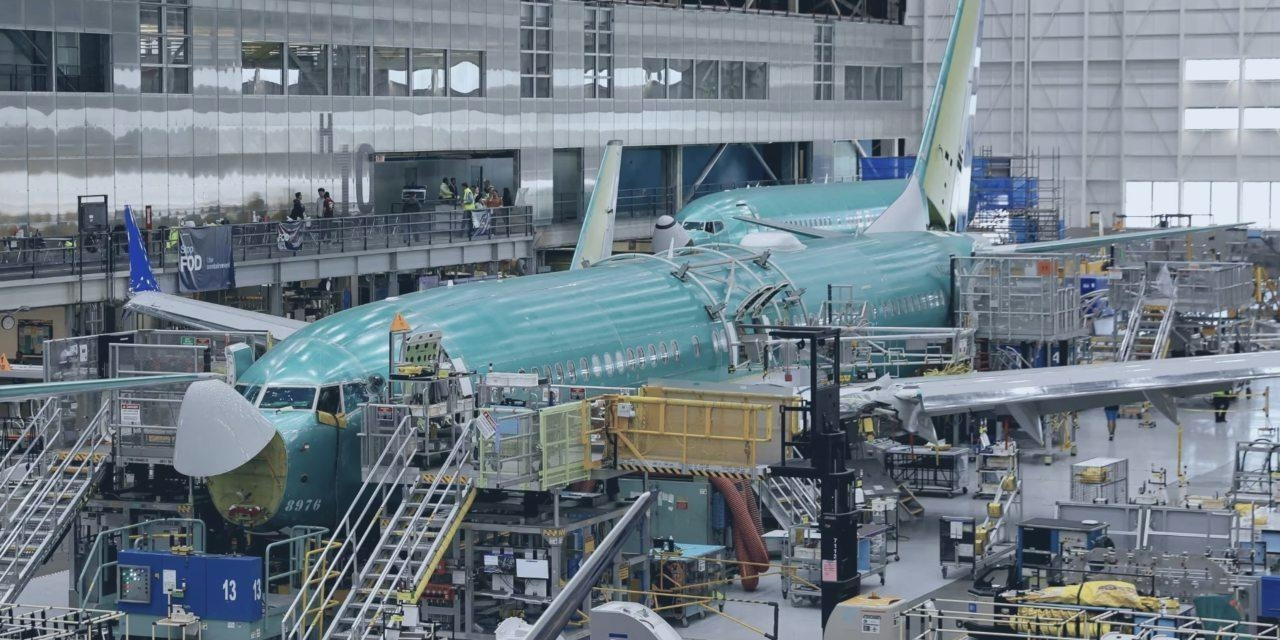AeroGenie — Seu Copiloto Inteligente.
Tendências
Categories
BA Announces Shift to Predictive Maintenance at PAM Dublin 2025

British Airways Announces Predictive Maintenance Overhaul at PAM Dublin 2025
British Airways (BA) has revealed a comprehensive transformation of its engineering operations, marking a decisive shift from reactive to predictive maintenance across its fleet. At the recent PAM 2025 conference in Dublin, senior technical engineer Stephen Rayner described the initiative as “a fundamental shift in the way BA Engineering is working,” highlighting the airline’s commitment to proactive interventions aimed at enhancing operational reliability.
Advancing Maintenance Through Data and Innovation
Rayner emphasized the critical role of early-stage data analysis in generating internal momentum for the change. He noted that initial data insights demonstrated the potential benefits, facilitating team buy-in and accelerating the programme’s implementation. A prominent example of this approach is BA’s 787 brake wear monitoring project. Moving away from daily visual inspections and last-minute brake replacements, the airline now employs a predictive model leveraging Boeing’s Aircraft Health Management (AHM) data. This system allows for planned brake replacements during optimal downtime, significantly reducing premature removals and brake lockout incidents. Since adopting this method, BA reports a reduction of approximately 430,000 kilograms of CO2 emissions and 120,000 kilograms of fuel consumption, underscoring both operational efficiencies and environmental gains.
In addition to brake monitoring, BA has addressed 787 ram air fan power issues caused by clogged heat exchangers. The introduction of a new active flush system and redesigned tooling has improved exit air velocities and decreased delays, illustrating the benefits of targeted engineering solutions and cross-functional collaboration.
Expanding Predictive Maintenance Across the Fleet
Launched in April 2025, the predictive maintenance programme has rapidly expanded beyond initial 787 alerts to encompass the A320 and A350 fleets. Currently, BA monitors over 120 predictive alerts across its major aircraft types and is working closely with Boeing on future developments, including predictive maintenance for lavatory vacuum generators and electric brake actuators.
Despite these advancements, Rayner acknowledged significant challenges, particularly the growing skills gap and rising labour costs—issues that resonate throughout the aviation industry. To address these, BA is investing in workforce training and maintaining active engagement with trade unions and stakeholders. The airline’s structured approach, which includes regular shift briefings, supplier collaboration, and leadership updates, has been instrumental in securing broad organisational support.
Industry Implications and Future Outlook
Industry analysts suggest that BA’s adoption of AI-driven predictive maintenance may prompt competitors to accelerate similar initiatives to remain competitive. Lessons from other sectors, such as the energy industry’s use of explainable AI to ensure responsible deployment and cost efficiency, could provide valuable insights. Recent studies indicate that such approaches have the potential to reduce predictive maintenance costs by up to 15%. Furthermore, the success of data-driven strategies in industries like fintech suggests that market observers will closely monitor BA’s progress.
Rayner concluded by underscoring the importance of leadership support, adaptability, and continuous feedback. “Listening to our teams has been essential,” he stated. “It’s their insights that help us refine the alerts and identify where predictive maintenance can genuinely add value.” As British Airways continues to expand this programme across its fleet, its experience may well establish a new benchmark for predictive maintenance in the aviation sector.

Emirates Unveils Cabin Design for New Boeing 777X

Eighteen Years On, the Airbus A380 Remains Central to a $34 Billion Airline

How a boom in luxury airline seats is slowing down jet deliveries

Navitaire Outage Attributed to Planned Maintenance

Airbus Plans Record Delivery of 870 Aircraft in 2026

DigiYatra Debuts Outside Aviation at India AI Impact Summit

Vietnam Orders Strengthen Boeing’s Commercial Outlook

Airbus Signals Uncertainty Over Future A400M Orders

JobsOhio Awards $2 Million Grant to Hartzell Propeller for Innovation Center

Collins Aerospace Tests Sidekick Autonomy Software on YFQ-42A for U.S. Air Force CCA Program
